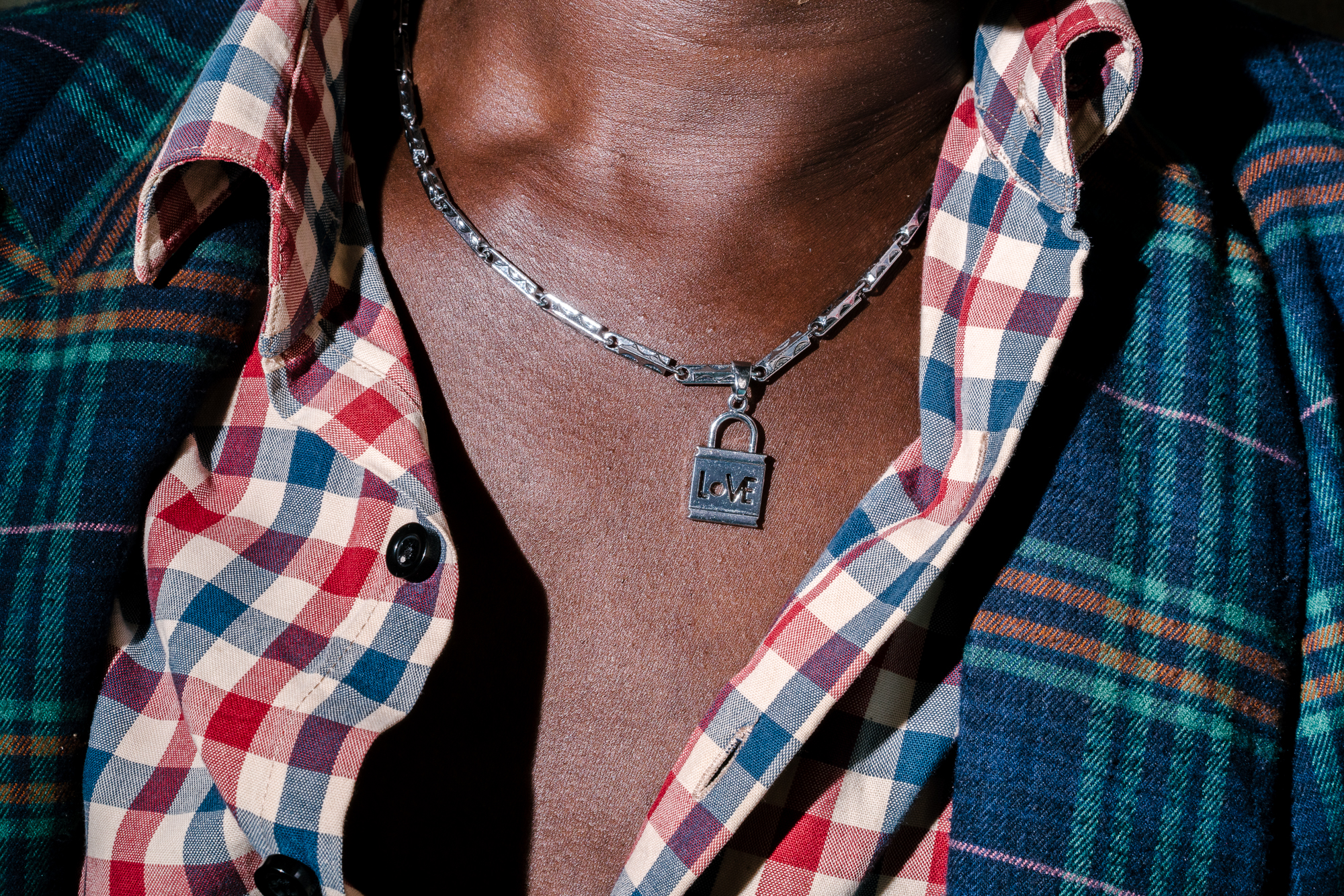
This letter features reporting from "For Uganda's LGBTQ+ Community, Visibility Brings Violence" by Jake Naughton
Chuck Schumer,
Discrimination and bigotry are so ingrained in our society that everyone turns a blind eye to them, claiming that other people's opinions are to be respected. We have become inured to hate crimes, no longer surprised by the horrors that those who believe they are superior will commit. Instead, we get angry, we get tired of the bigotry we see and so we take a stand, we protest, we become more and more visible to make ourselves known and heard. We have the ability to be proud of who we are, and while there's always a risk of another hate crime happening, we still become more and more visible for the sake of our rights, for the sake of lives everywhere. Minorities across the world don't all have this privilege, for their home countries can be so much more dangerous and violent than ours. For example, in Uganda, the LGBTQ+ community has to stay in hiding. No parades, no LGBTQ+ centers. They have to stay under the radar, lest they become a victim of extreme violence. The article written by Jake Naughton for Pulitzer Center, entitled "For Uganda's LGBTQ+ Community, Visibility Brings Violence," highlights just how difficult the lives of queer people in Uganda are. The article quotes a transgender woman by the name of Hajjati, who's an activist for transgender sex workers. She says, "As an activist in Uganda, you wake up everyday and you say, 'I have not had an attack.' That is a blessing.''. Queer folk in Uganda have to live with this constant fear of potential attack, and while in the United States that's always a fear, it's so much worse than we can imagine in Uganda. "The security risks for the LGBTQ+ community in Uganda are due to conditions brought on, at least in part, by the 'Anti-Homosexuality Act' and its aftermath," Naughton writes. "The Ugandan president, Yoweri Museveni, signed the bill into law in 2014, and among other things, it punished 'the offence of homosexuality,' with life imprisonment." Earlier versions and drafts of this had a death penalty for "homosexuality-related crimes," and it created a huge spotlight on the LGBTQ+ community, one that created only negative opinions. The bigotry in Uganda is incomparable to the United States, even though hate crimes are still fairly common in the U.S. The hatred for queer people in Uganda is simply on a much harsher level.
Reading about just how terrible the things queer folk have experienced simply for existing, it makes me feel sick to my stomach. As a trans man who faces weird looks, disgusted glances, and a fear of assault on a daily basis, I realize I'm still one of the lucky ones. I have a family that loves and accepts me, friends that would never abandon me, a country more accepting than most. The issue in Uganda is so personal to me, as being a queer person, I identify with all the discrimination other queer people face. To think that others have it so much worse than me is a thought I can never linger on too long, or else I simply can't take it. I need queer people to be accepted, loved, not discriminated against and hated for who they are. And yet it's all out of my control. I'm only fifteen. I still don't know how to work a washing machine; how am I supposed to help my community? I have no platform, no voice. Maybe one day I can give speeches and incline others to take action, but right now, the best I can do is ask those who do have a platform to speak on my and the rest of the LGBTQ+ community's behalf. And you can do that. You have a voice I don't have, a platform I don't stand on. You can help make the change I need to see in the world. Ending homophobia, transphobia, it's not a want. I need it to happen. I need hate crimes against my community to stop. I need the bigotry, the discrimination to end. It's no longer a want, you must understand that. And so I beg of you, use your platform wisely. Don't let discriminatory laws take effect, give speeches at venues, use your political power to create a world that is safe for all. And while you may not be able to do much for other countries, start with the one we call home. This is all I ask. Perhaps when I'm older, I can have a platform of my own, use it to tell others to be part of the solution. The only thing that I want is to see change. For love and acceptance to be the norm, and for people to not live in fear, hiding who they are. Today is not the day that I can make a change on my own, so I ask of you to help not only me, but queer folk across the country and around the world. My only wish is to see the day that acceptance becomes worldwide.
Sincerely,
Adrian Otero
Adrian Otero is a 10th grade student at Half Hollow Hills High School West in Dix Hills, New York.
Click here to read more winners and finalists from the 2018 Local Letters for Global Change contest.